Why Go Solar?
What Are Solar Panels and How Do They Work?
Solar panels, so-called PV panels, generate electricity through the photovoltaic (PV) effect. They are composed of many semiconductor cells that produce direct current (DC), or electricity.
When sunlight hits their surfaces, the direct current is converted to alternating current (AC) since the majority of home appliances use AC. The electricity that has been converted can either be used immediately or stored for future use.
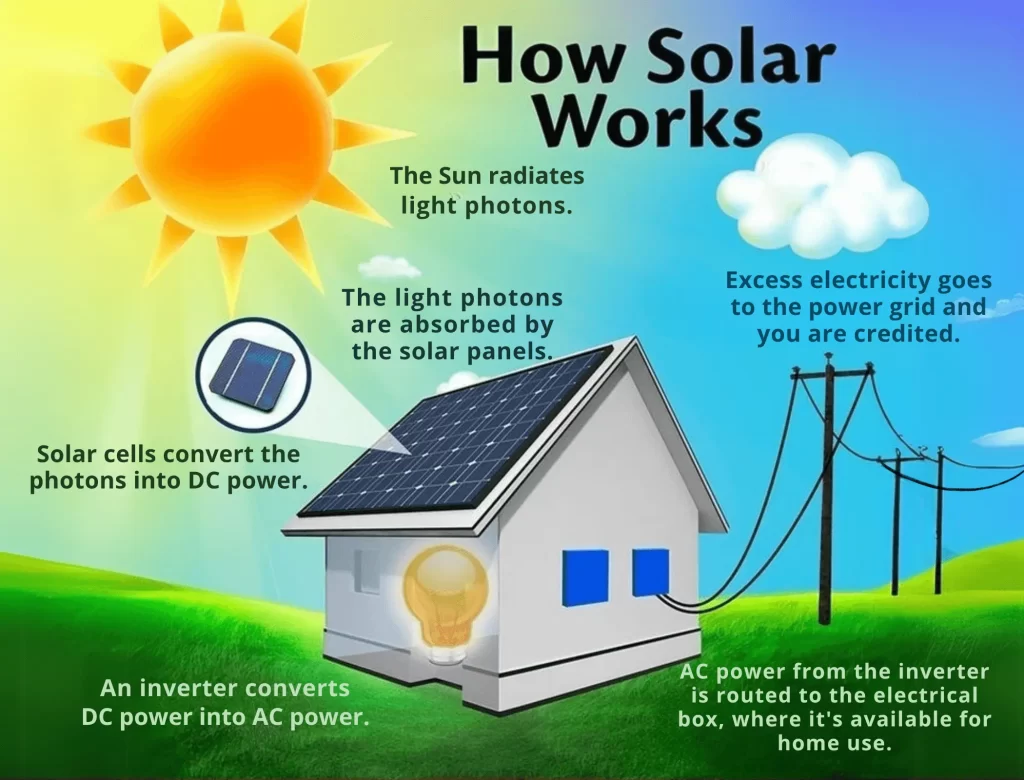
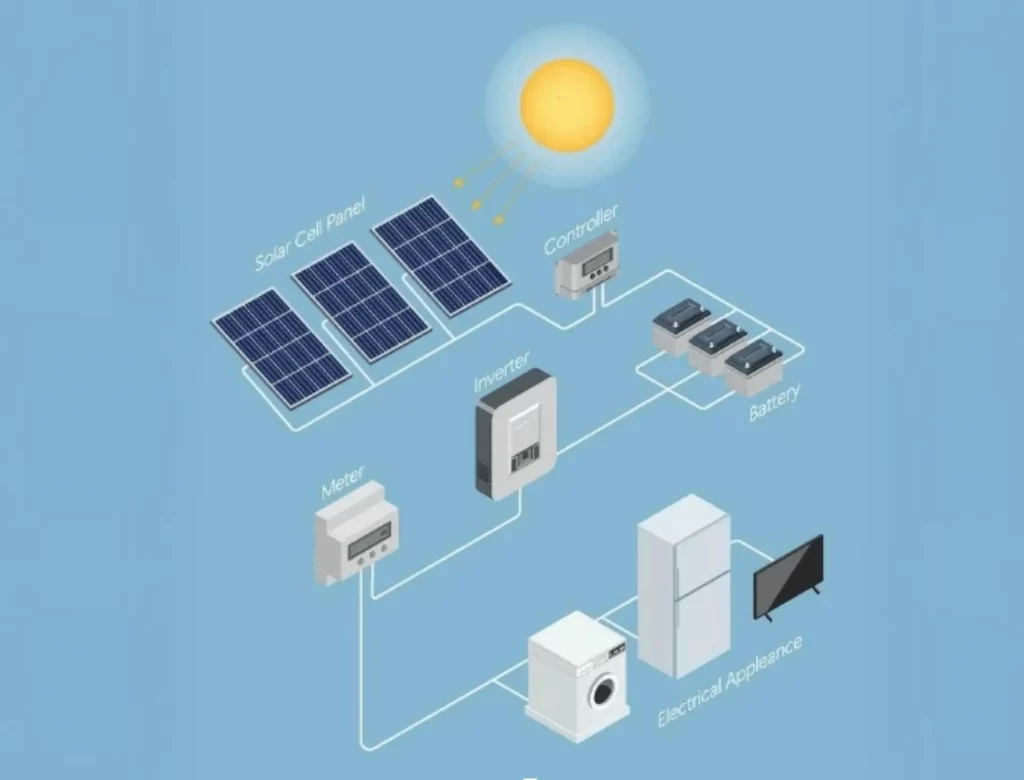
Components of a Solar System
- Solar Panels – Capture sunlight and produce electricity
- Mounting System – Secures the panels on your roof
- Controller – Regulates the voltage and current coming from the solar panels going to the batteries
- Inverter – Converts DC to AC power
- Batteries (Optional) – Store excess energy for nighttime or cloudy days
- Net Meter (Optional) – Sends extra electricity back to the grid (if enrolled in net metering)
Advantages of Solar Panel Installation in the Philippines
1. Reduce Your Electricity Costs
This is the most obvious and immediate advantage. The cost of electricity is reduced by 50–100% for many users. Your solar system eventually generates enough savings to cover its cost.
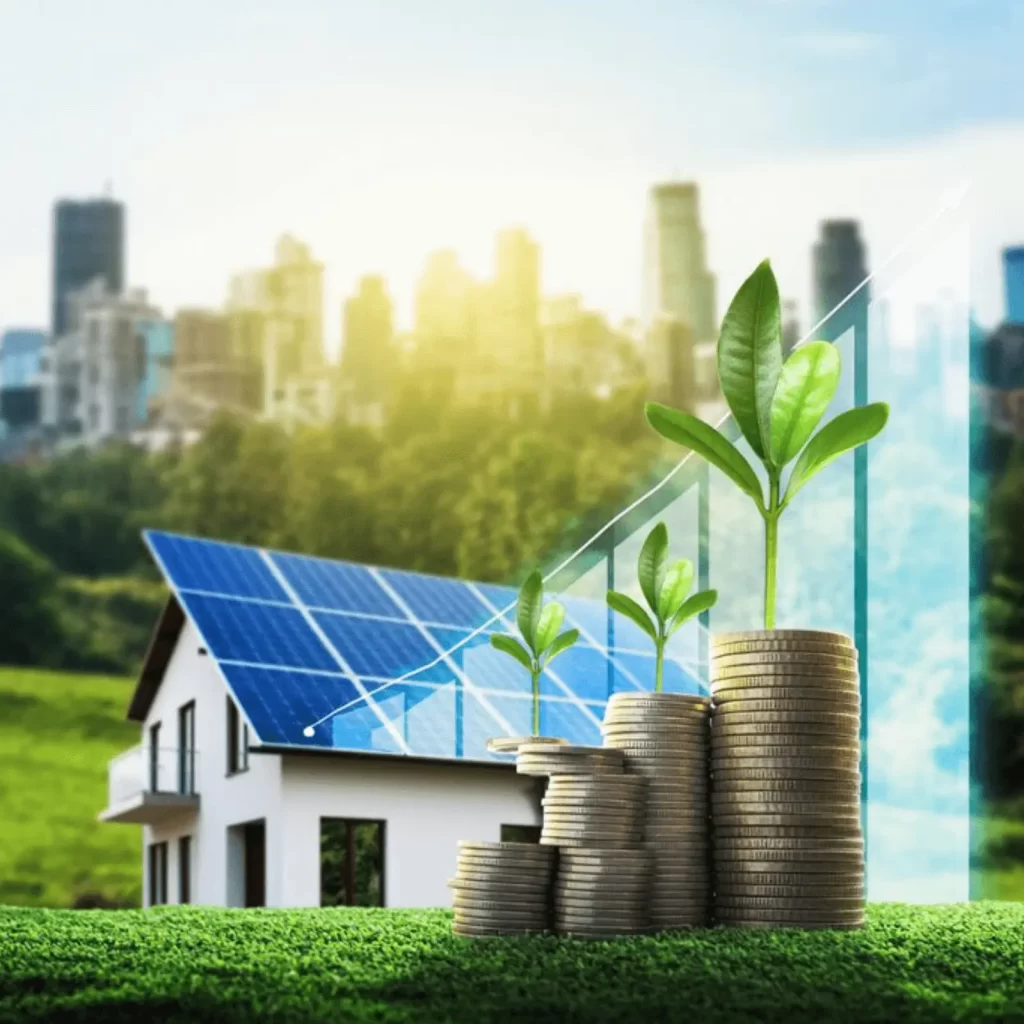
2. Sustainable and Green
Carbon emissions are decreased by solar energy. You can help create a cleaner, greener Philippines by opting for solar power.
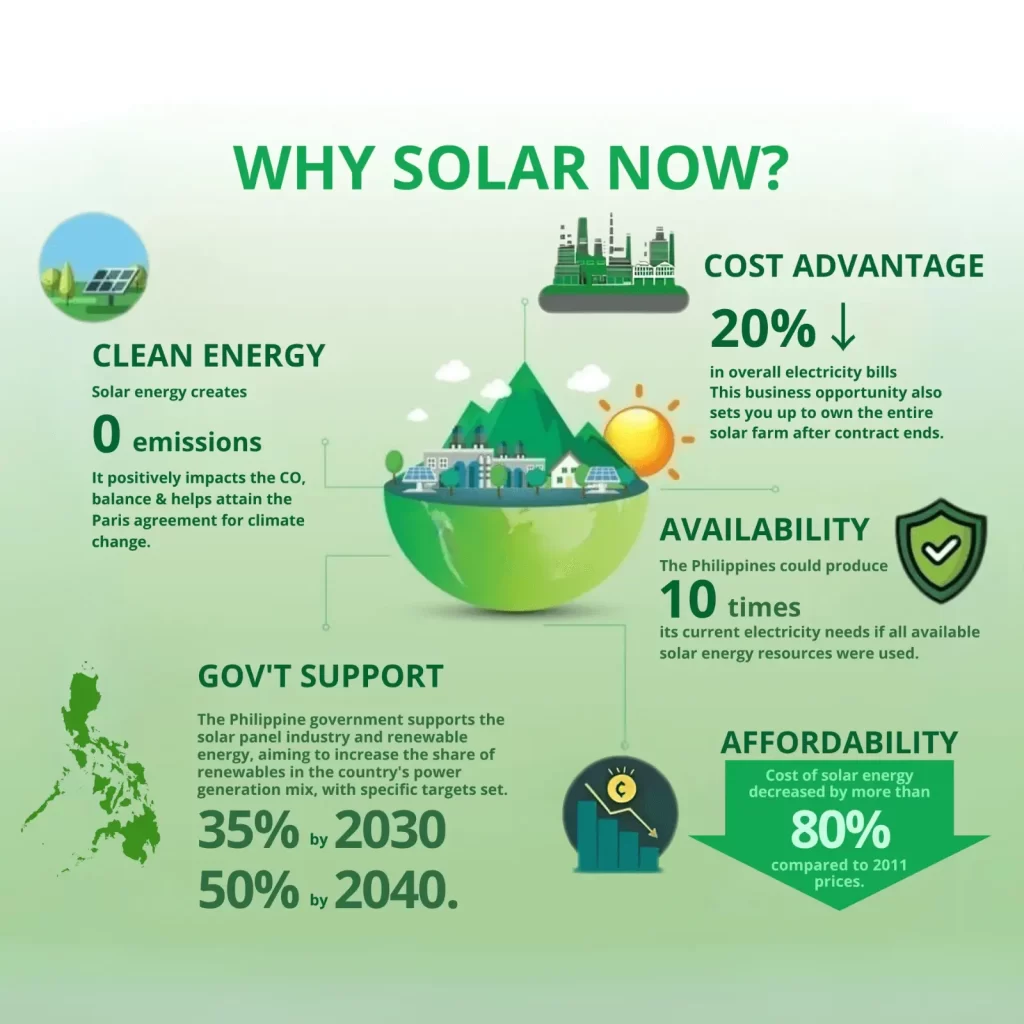
3. Long-Term Financial Commitment
With little care, solar panels usually last 25 to 30 years. That equates to decades of energy independence and reduced bills
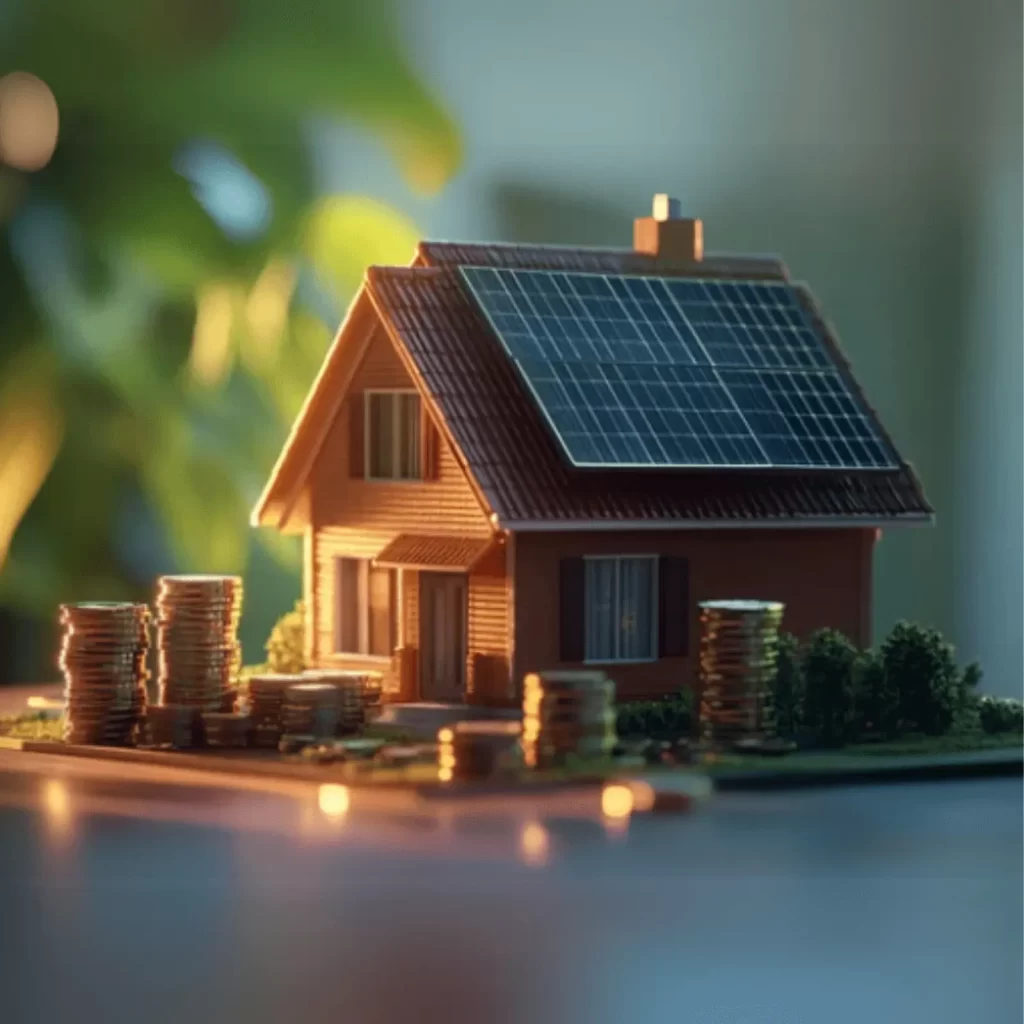
4. Boost the Value of Your Property
Solar-powered homes are frequently more appealing due to their sleek, modern, and eco-friendly aesthetic design.
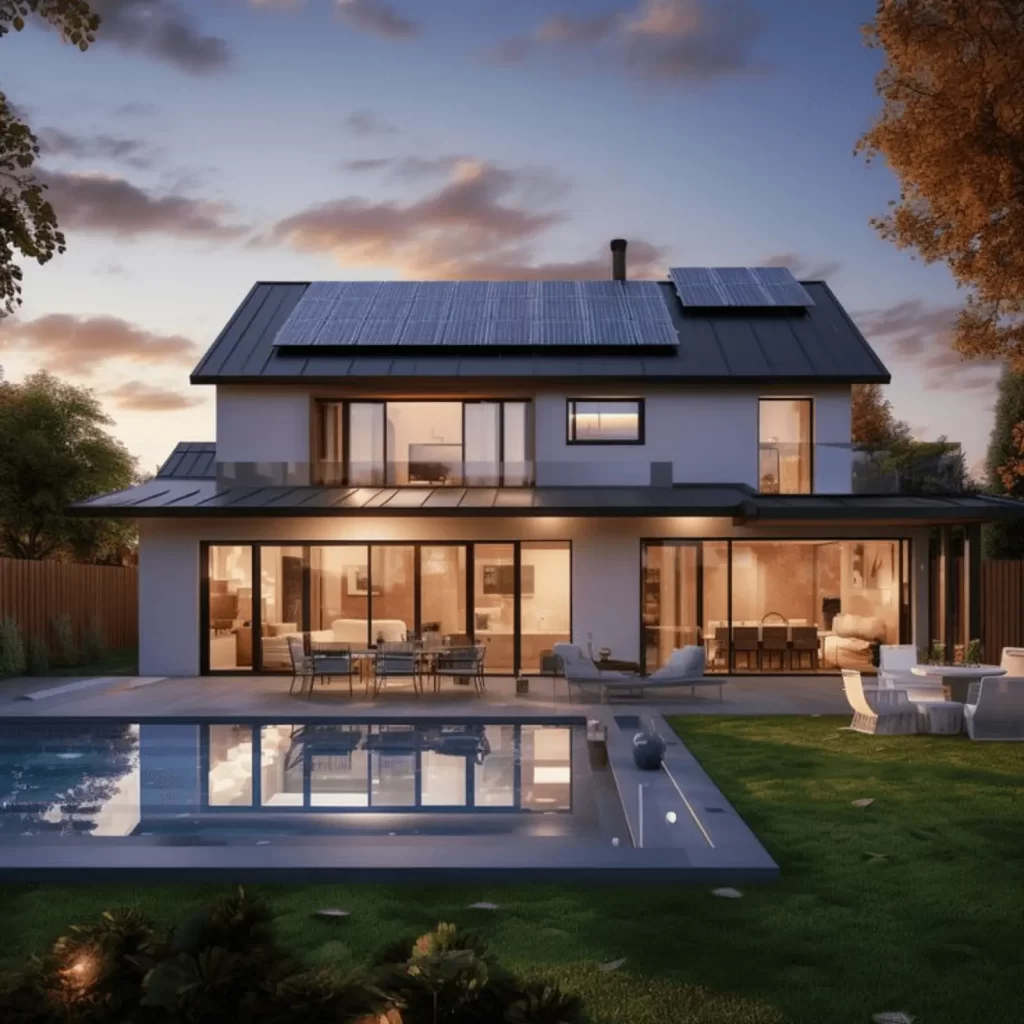
“Solar energy is our greatest untapped energy resource and future development in its utilization should be regarded as one of the most important and fruitful projects.” – Mária Telkes
